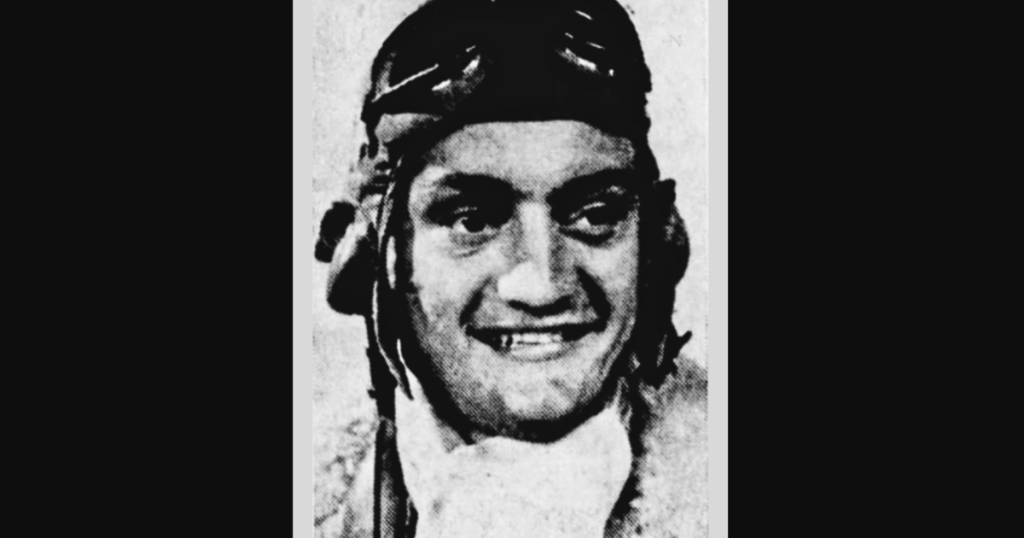A human jawbone found in a child’s rock collection has been positively identified as belonging to U.S. Marine Corps Captain Everett Leland Yager, who died in a military training exercise over 70 years ago. The jawbone was linked back to Yager thanks to the efforts of a group of college students and a high school intern who worked on the case. Yager was killed in a military exercise involving an airplane accident in July 1951, and his remains were recovered in Riverside County, California, and buried in Missouri. The discovery of the jawbone in a child’s rock collection in northern Arizona in 2002 raised questions about his missing remains.
The Yavapai County Sheriff’s Office conducted basic DNA testing on the bone at the time, but initial tests did not provide any leads on the identity of the remains. The case, labeled as “Rock Collection John Doe,” remained unsolved for over 20 years until it was referred to the genetic genealogy center at Ramapo College in 2023. With assistance from a Texas laboratory and a forensics lab in Utah, the jawbone was given a genetic profile that could be added to genealogy databases online. In July of that year, college students and a high school intern working on investigative genetic genealogy developed a lead that eventually led to Yager’s daughter providing a DNA sample for comparison, confirming the identity of the former Marine.
It remains unclear how Yager’s jawbone ended up in Arizona when his accident had occurred in California. One theory suggested is that a scavenger, such as a bird, may have picked up the bone during the accident aftermath and eventually deposited it in Arizona. The involvement of young individuals in solving this cold case, particularly the high school intern Ethan Schwartz, highlights the importance of collaborative efforts in genetic genealogy cases. The identification of the jawbone offers closure to Yager’s family and sheds light on the mystery surrounding his missing remains for over seven decades.
The successful resolution of this genetic genealogy case showcases the advancements in technology and the importance of forensic genealogy in identifying missing and unidentified individuals. The collaboration between different institutions, including law enforcement, academic institutions, and forensic laboratories, played a crucial role in linking the jawbone to Captain Yager. This case also underscores the potential for young individuals to contribute to solving complex cases through their involvement in genetic genealogy projects, as demonstrated by the high school intern Ethan Schwartz.
The discovery and positive identification of the jawbone belonging to U.S. Marine Corps Captain Everett Leland Yager emphasize the significance of preserving and analyzing all available evidence in cold cases. The use of genetic genealogy techniques and advancements in DNA testing have revolutionized the process of identifying missing persons and solving crimes. This case serves as a testament to the perseverance and dedication of the individuals who worked on it, as well as the impact of their efforts in bringing closure to the family of Captain Yager after more than 70 years of uncertainty.


